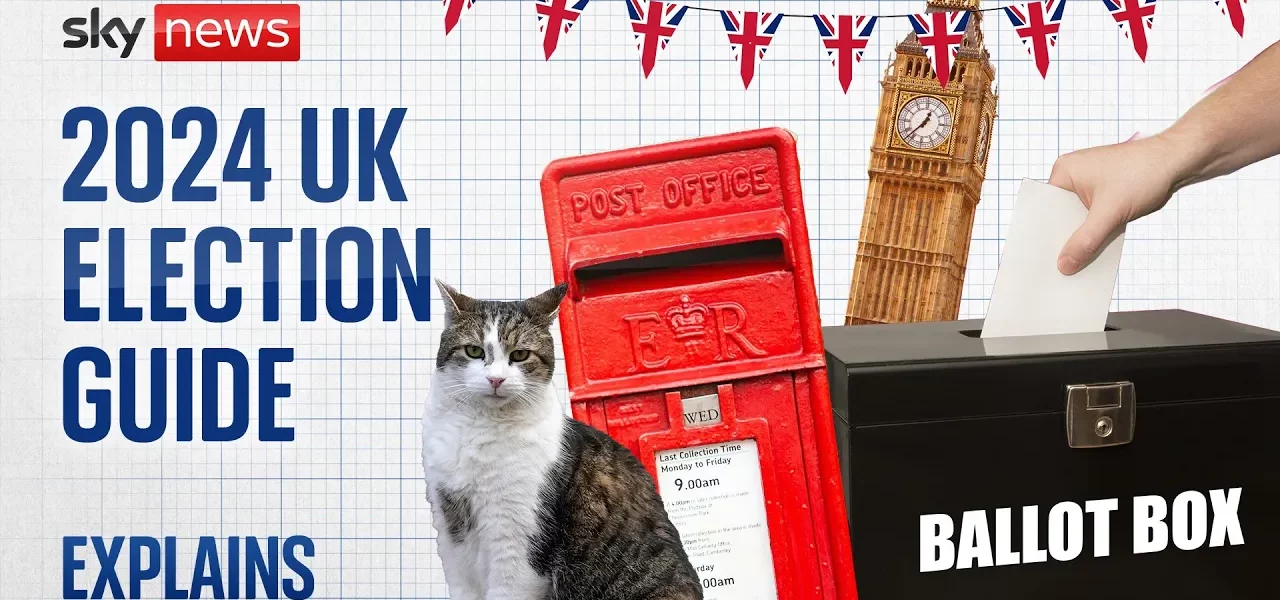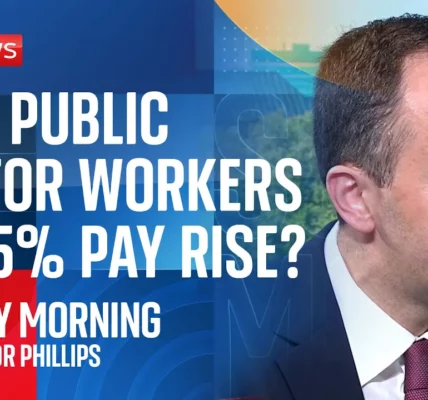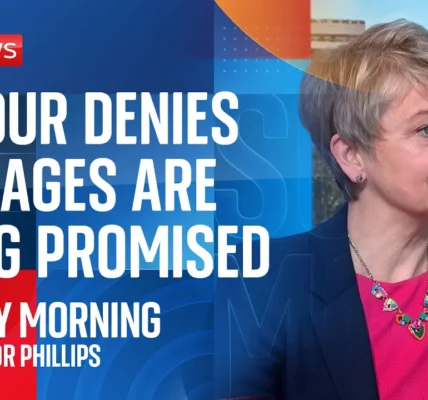Everything You Need to Know About the UK General Election

The upcoming general election in the UK is a significant event that will shape the nation’s future. In this comprehensive guide, we will cover everything you need to know about the election process, key voting procedures, and the critical issues that will influence voters in just five minutes.
Introduction to the General Election
A general election provides the citizens of the UK with the opportunity to elect their local Member of Parliament (MP). This election is not just about choosing an individual; it’s about selecting a representative from a political party that will have a voice in the House of Commons. With 650 constituencies across the country, the election is crucial for determining the makeup of the government and who will lead the nation for the next five years.
The Electoral System Explained
First Past the Post System
The UK employs a first-past-the-post electoral system. This means that in each constituency, the candidate who receives the most votes wins, securing a seat in the House of Commons. Here’s how it works:
- Each constituency has multiple candidates, usually representing different political parties.
- The candidate with the highest number of votes in their constituency wins.
- The party that secures the most seats overall forms the government.
New Constituency Boundaries
For the 2024 general election, many constituencies have undergone boundary changes. This could mean:
- You might find yourself in a different constituency than in previous elections.
- It is essential to check your registration and constituency before voting.
Voting Procedures
Registration to Vote
To participate in the election, you must be registered to vote. Registration can be completed online or via post. Ensure you register before the deadline to avoid missing your chance to vote.
Voting Methods
Voters have three options for casting their votes:
- In-Person Voting: You can vote at your designated polling station on election day, which will be open from 7:00 AM to 10:00 PM.
- Postal Voting: If you’re unable to vote in person, you can request a postal ballot.
- Proxy Voting: You can appoint someone to vote on your behalf, but certain criteria must be met.
Identification Requirements
To vote in person, you will need to present an accepted form of ID. There are 22 types of voter ID that are valid. If you do not possess any form of ID, you can apply for a Voter Authority Certificate.
The Voting Process
On election day, you must go to your polling station, where you’ll provide your name and address. The process includes:
- Receiving a ballot paper listing all candidates.
- Selecting your preferred candidate and placing your vote in the ballot box.
- Ensuring you are present or in line by 10:00 PM to cast your vote.
Understanding the Results
Exit Polls
Once the polling stations close, exit polls are conducted to gauge the potential outcome of the election. Although they are not always accurate, they provide an early indication of how the election may unfold.
Counting Votes
After voting, ballot boxes are transported to counting centers, where results will be tallied throughout the night. The final results are typically announced late into the morning following the election.
Majority and Coalition Governments
If one party maintains a majority, they continue governing. If not, a hung parliament may result, where no single party has a clear majority, prompting negotiations for coalition governments.
Key Issues at Stake
The 2024 general election will revolve around several critical issues, including:
The Economy
With rising costs of living, voters are keen to understand how each party plans to address:
- Inflation and rising food prices
- Energy costs
- Housing and rental prices
Healthcare
Long waiting times in the NHS, access to dental care, and social care are pressing concerns for many voters.
Immigration
Immigration policies, particularly regarding small boat crossings in the English Channel, will be a pivotal topic in the election debates.
Additional Issues
Other significant topics include:
- Government-funded childcare
- Environmental policies
- Criminal justice system pressures, including overcrowded prisons and knife crime
Conclusion
The upcoming UK general election is poised to be a defining moment for the nation. With crucial changes in constituency boundaries, pressing economic issues, and healthcare challenges, voters have a lot at stake. It’s essential to stay informed, register, and participate in this democratic process. For more information on voting and the election, check out our related articles.
“`




